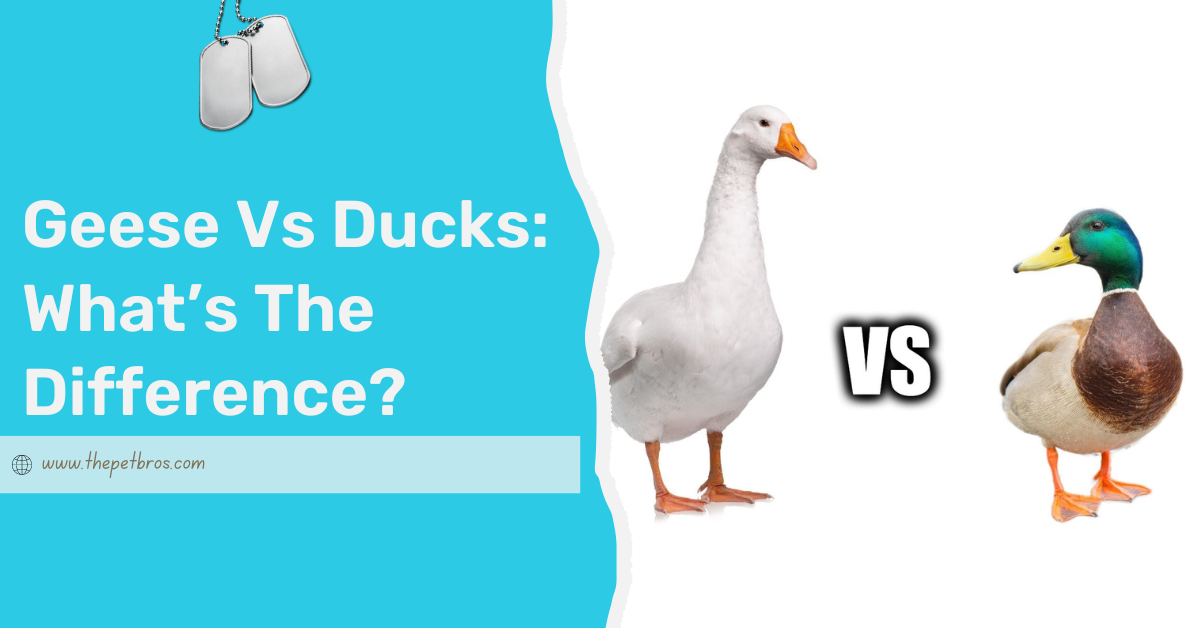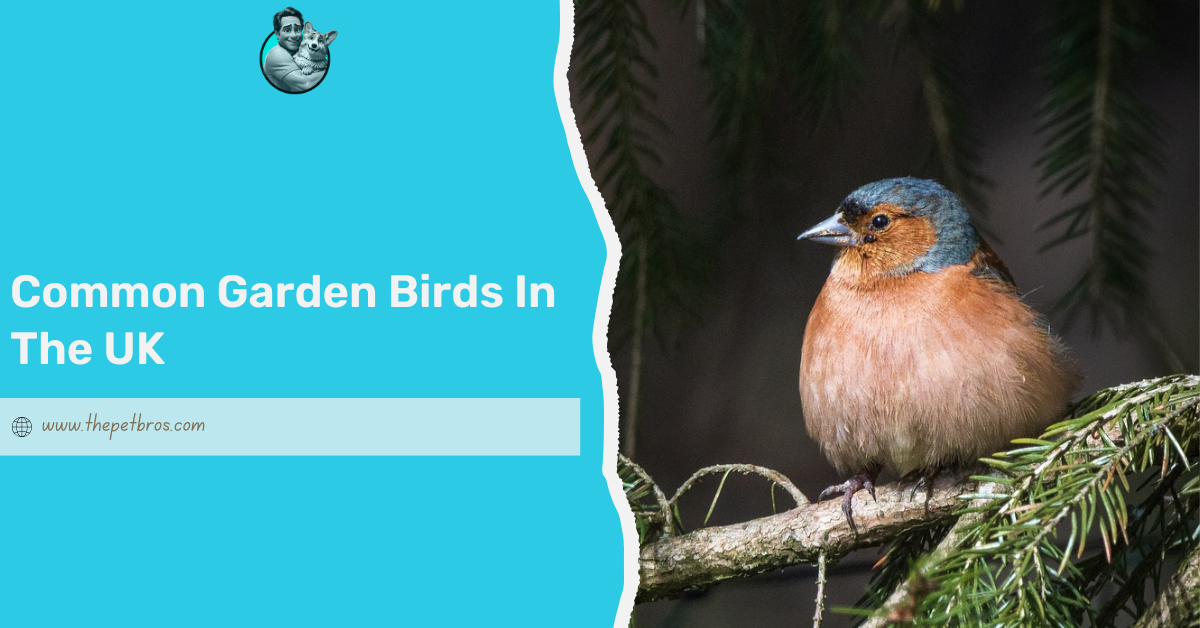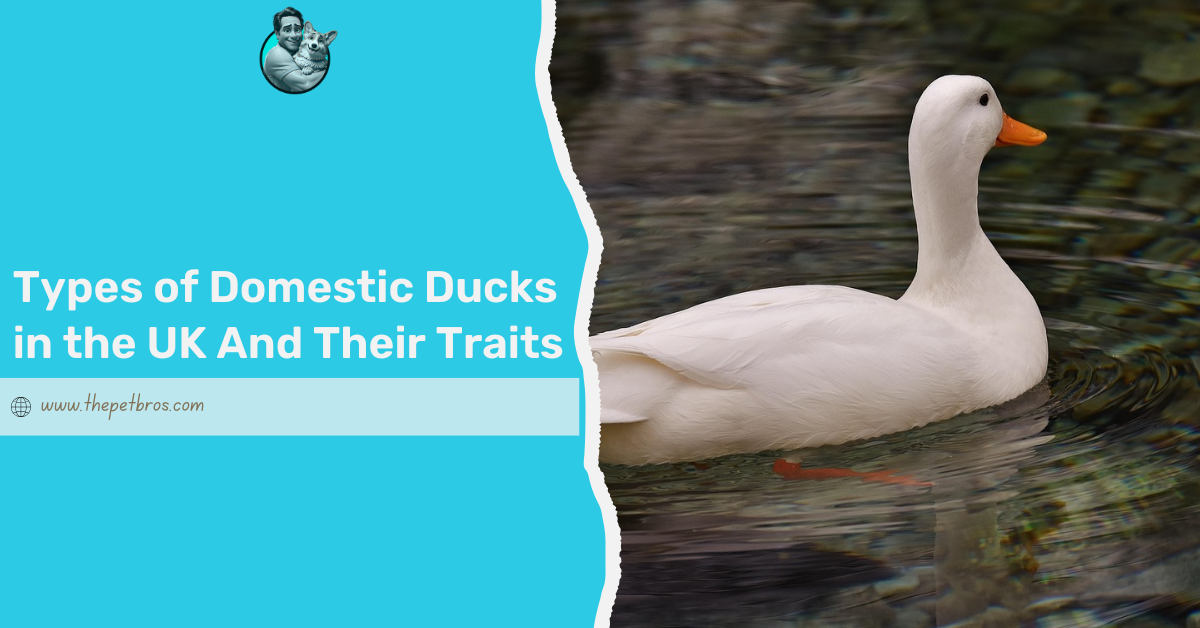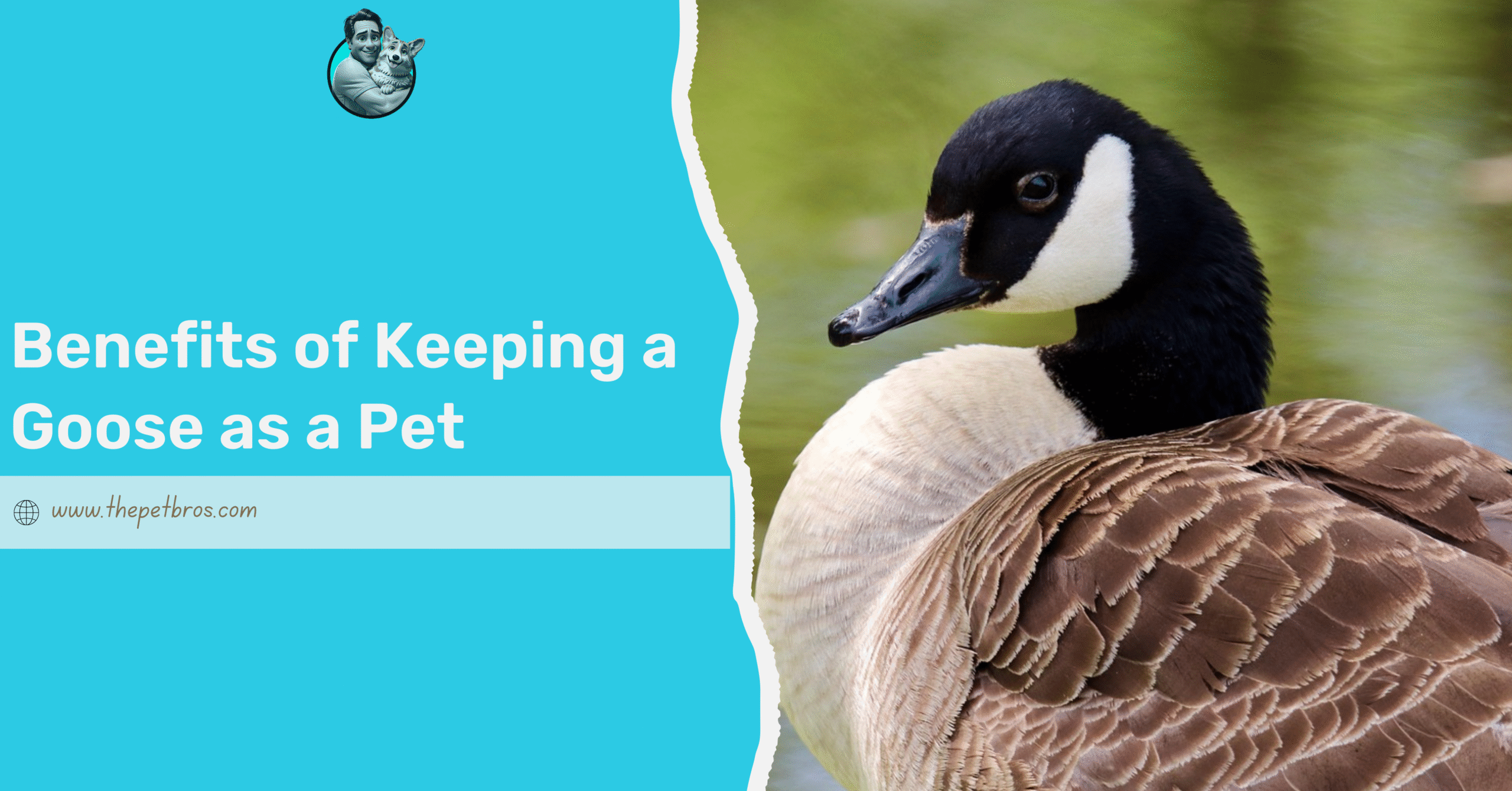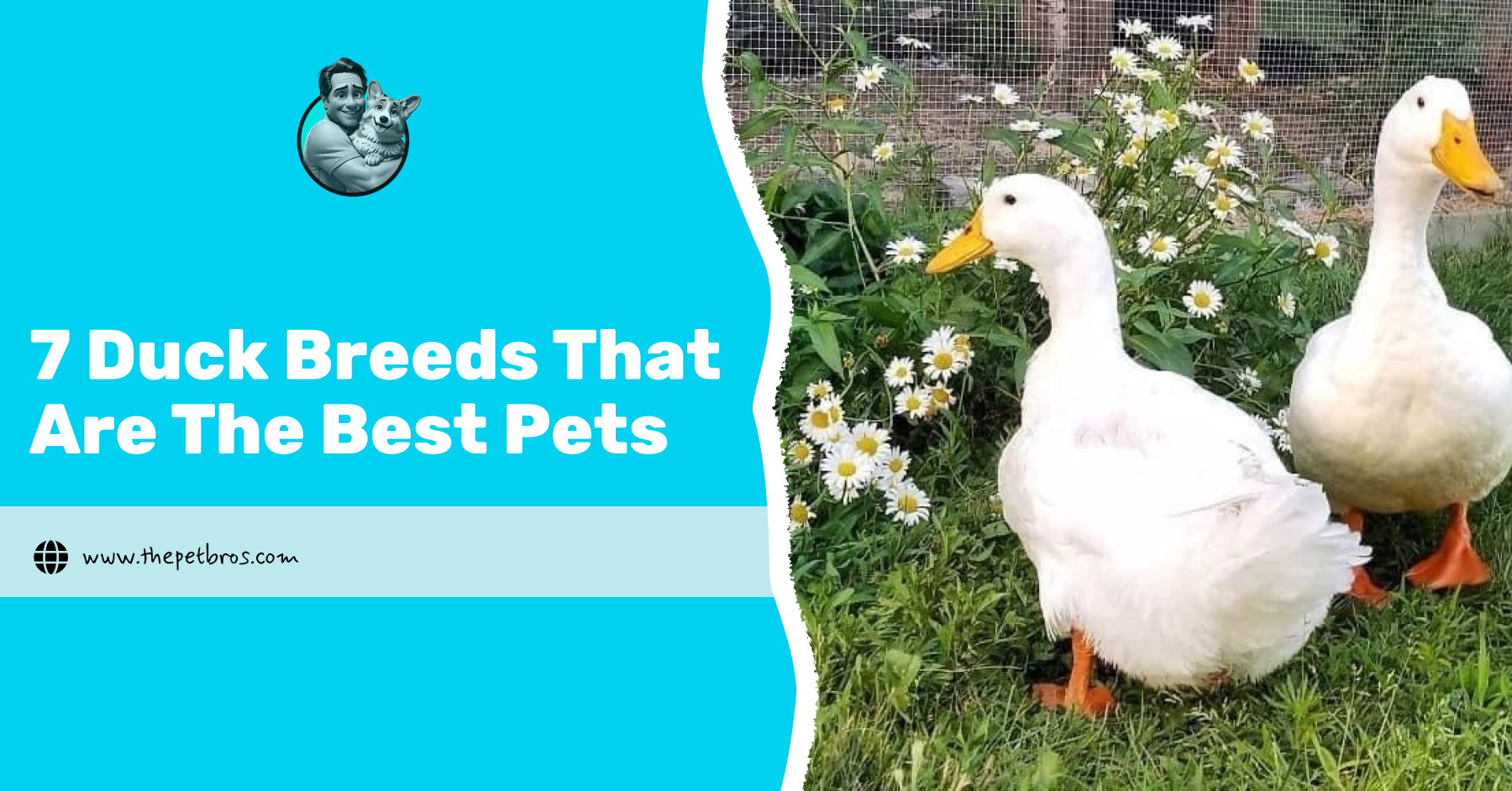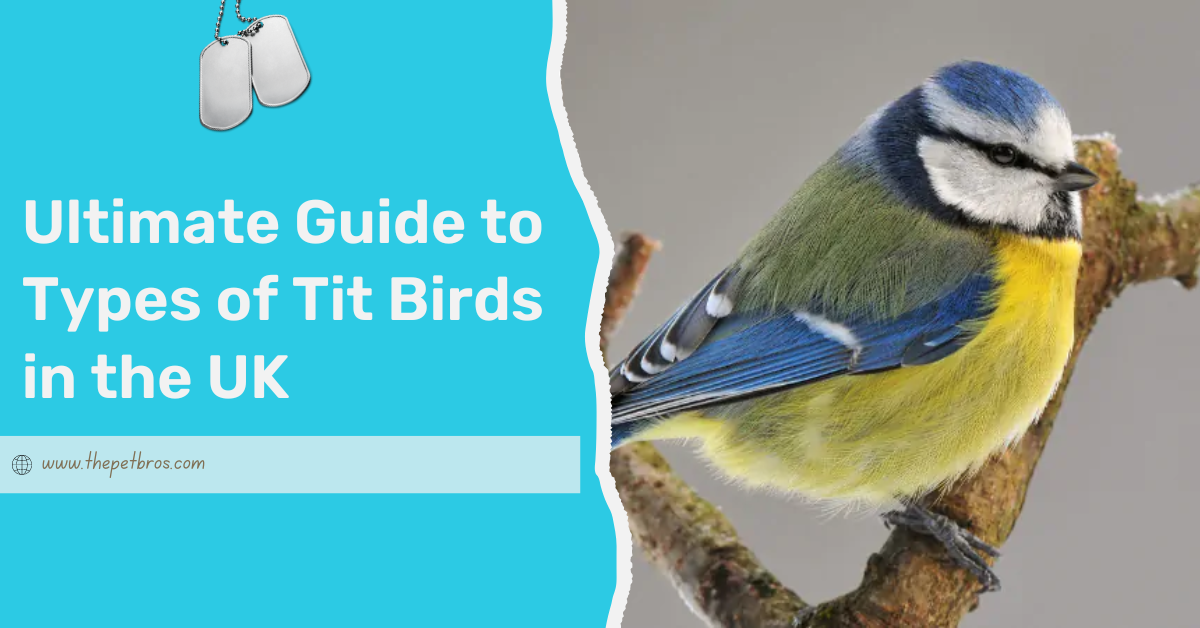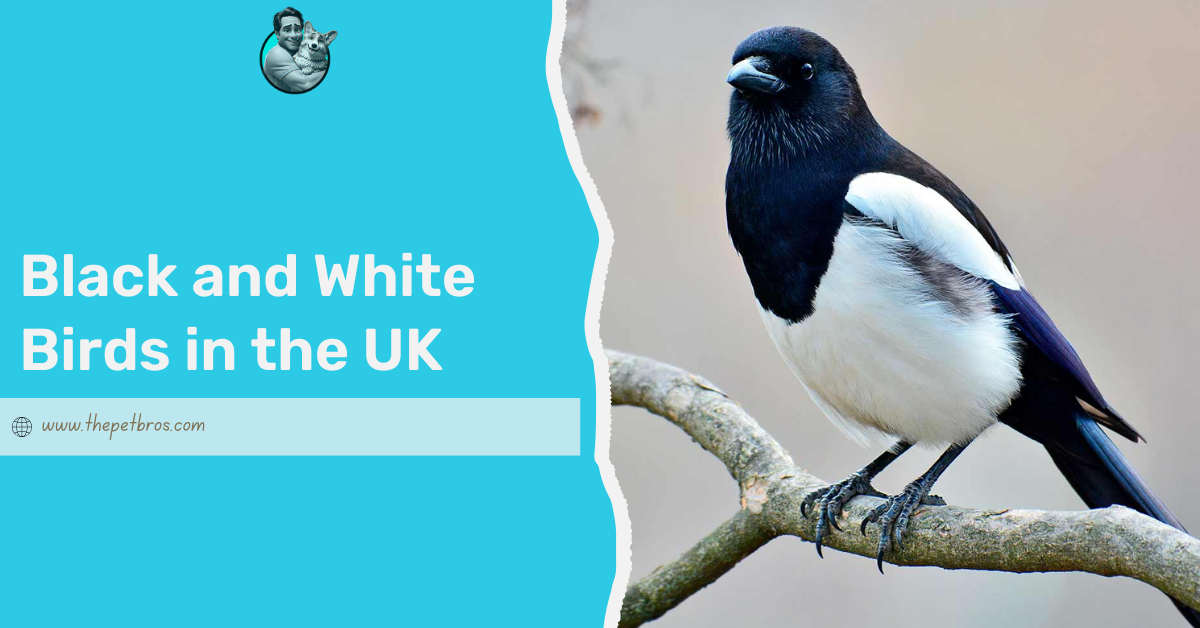When it comes to spotting waterfowl, many people can recognise a goose or a duck at a glance. However, when you start comparing geese vs ducks, the differences go beyond just size and shape. While both belong to the Anatidae family and are commonly seen around the UK’s lakes and rivers, these birds have distinct features, behaviours, and lifestyles that make them unique.
In this blog post, we’ll break down the differences between geese and ducks, identifying what makes each of these birds so special apart from the number of bones in their necks!
Physical Differences: Geese vs Ducks
| Features | Ducks | Geese |
| Size | Generally smaller: 0.5 – 2.3 kg (wild species), up to 6 kg (domestic) | Generally larger: 3 – 6 kg (wild species), up to 9 kg (domestic) |
| Neck Length | Shorter necks with 14-16 cervical vertebrae | Longer necks with 17-23 cervical vertebrae |
| Colouration | Varied colours and patterns (e.g., vibrant greens, blues, and browns) | More uniform colours (e.g., shades of grey, brown, and white) |
| Beak Shape | Broad, flat beaks for dabbling and filtering food from water | Tapered, pointed beaks suited for grazing on grasses and grains |
| Body Shape | More compact and streamlined | Larger, more elongated and robust |
One of the most notable differences is their size. Geese are generally larger than ducks, with adult geese typically weighing between 3 to 6 kilograms for wild breeds and up to 9 kilograms for domestic breeds. Ducks, on the other hand, are usually smaller, with weights ranging from 0.5 to 2.3 kilograms for wild species like the mallard and up to 6 kilograms for some domestic varieties. This size difference makes geese appear more imposing and is a quick way to differentiate geese vs ducks when you see them together.
Another significant difference is the structure of their necks. According to Kellogg Birds Sanctuary, one of the most distinguishing features between geese and ducks is the number of bones they have in their necks. Ducks have around 14-16 cervical vertebrae, giving them relatively short and compact necks, while geese have between 17-23 cervical vertebrae, resulting in noticeably longer necks. However, understand that both necks are shorter than those of Swans.
For colouration, ducks tend to have a wider variety of plumage patterns and colours. Geese, however, generally have more subdued colours, which are often shades of grey, brown, or white. This helps them blend into grassy or wetland environments.
Lastly, the shape and function of their beaks. Ducks have broad, flat beaks that are perfect for dabbling and filtering food from the water. Geese, in contrast, have more pointed beaks suited for grazing.
Behavioural Differences between Geese and Ducks
I’ve divided this into four: social behaviours, vocalisation, nesting habits, and feeding behaviour. Let’s start with their social behaviours.
- Social Behaviour: Geese are known for their strong family bonds and organised movements. They often move in a “V” formation during migration to conserve energy and stay connected. Geese can be territorial and protective, especially during nesting season, and will often defend their space from perceived threats. On the other hand, ducks tend to be less structured. They often form smaller, loosely organised groups and are generally more tolerant of other species. They are also usually less aggressive than geese.
- Vocalisations: Geese communicate with loud, honking calls that can travel long distances. These sounds help them stay in touch with each other, warn of danger, or maintain flock cohesion. Ducks have a wider range of vocalisations, from familiar quacks to whistles and grunts. Also, duck calls tend to be softer, making it a challenge to identify species by sound alone.
- Nesting Habits: Geese prefer to nest on the ground in open areas where they can easily spot predators. They are very protective parents and often return to the same nesting sites each year. Ducks, on the other hand, choose more concealed locations for nesting.
- Feeding Behaviour: Ducks are versatile feeders. They eat plants, insects, and small aquatic animals, depending on the species. Geese are primarily grazers, feeding mostly on grasses, grains, and aquatic plants. They are often seen foraging on land more than ducks, which reflects their different dietary needs.
| Traits | Ducks | Geese |
| Social Behaviour | Less structured, more tolerant of other species | Strong family bonds, territorial and protective |
| Vocalisations | Varied sounds: quacks, whistles, grunts | Loud, distinct honking calls |
| Nesting Habits | Concealed nests in vegetation or cavities | Open ground nests, highly protective of nesting sites |
| Feeding Behaviour | Versatile feeders: dabblers or divers, varied diet | Primarily grazers, focus on grasses, grains, and aquatic plants |
What Do They Eat? Geese vs Ducks
Geese are primarily herbivores, and their diet consists mainly of grasses, grains, and aquatic plants. They graze on grassy fields, farmlands, and wetland areas, often feeding on young shoots, leaves, and roots. In the winter months, when grass is less abundant, they may rely on agricultural crops like wheat, barley, or corn.
Ducks are often referred to as “dabblers” or “divers” based on their feeding style. Dabbling ducks, like mallards, feed on the surface of the water or just below it, eating a mix of aquatic plants, insects, larvae, and small fish. Diving ducks, such as pochards, dive deeper into the water to catch fish, molluscs, and crustaceans. They are opportunistic feeders and will adjust their diet based on what is available.
These different diets of geese and ducks influence their roles in the ecosystem. As grazers, geese help control grass growth and can impact agricultural fields, sometimes to the detriment of crops. Their droppings can also enrich the soil with nutrients. Ducks, with their more varied diet, help control insect populations and can contribute to the health of aquatic ecosystems by feeding on algae and detritus.
Conclusion
This concludes our geese vs ducks comparison, and deciding between keeping ducks or geese as pets comes down to understanding their unique needs and behaviours.
Ducks are known for their friendly and easy-going nature. They are relatively low maintenance, adaptable to various environments, and can fit well in both small backyards and larger gardens. Geese, on the other hand, are more suited to those with ample outdoor space and a need for a more protective pet. They can be more territorial and require careful handling, especially during breeding season.
Either way, whether ducks or geese, you’ll be rewarded with unique experiences and the joy of raising these remarkable birds.
Frequently Asked Questions
What do I need to keep ducks or geese as pets?
Both ducks and geese require a safe and secure outdoor area with access to water, shelter, and appropriate food. Ducks generally need less space and can thrive in a backyard with a small pond or kiddie pool. Geese need more space to graze and roam, as well as a larger water source. Overall, ensure your location is predator-proof.
Are geese more aggressive than ducks?
Geese can be more aggressive and territorial than ducks, particularly during nesting and breeding seasons. Ducks are typically more laid-back and less likely to show aggression.
How long do ducks and geese live?
Ducks can live around five to ten years, depending on the breed and quality of care they receive. Geese generally have a longer lifespan, living between ten to twenty-four years or more with proper care.
Do ducks and geese need a pond?
While ducks and geese both enjoy water, they have different needs. Ducks need access to water for swimming, preening, and foraging, even if it’s just a small pond or kiddie pool. Geese also benefit from a water source, but they do not need as much swimming space as ducks.
Can you keep a single duck or goose, or do they need companions?
Both ducks and geese are social animals and thrive in the company of their own kind. It is generally not recommended to keep a single duck or goose, as they can become lonely and stressed without companionship.






